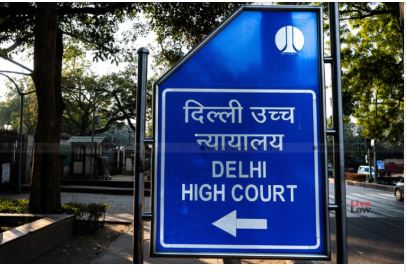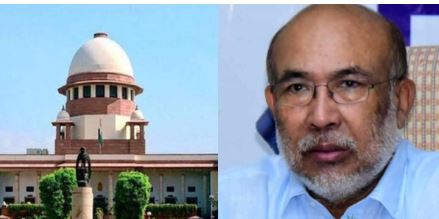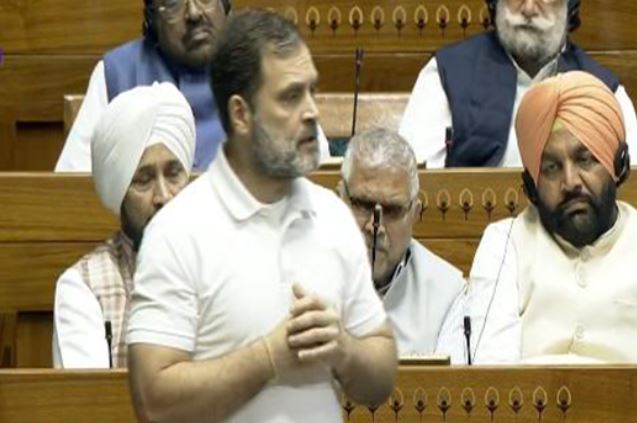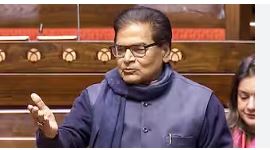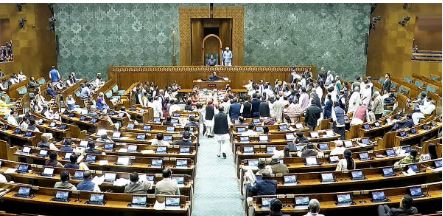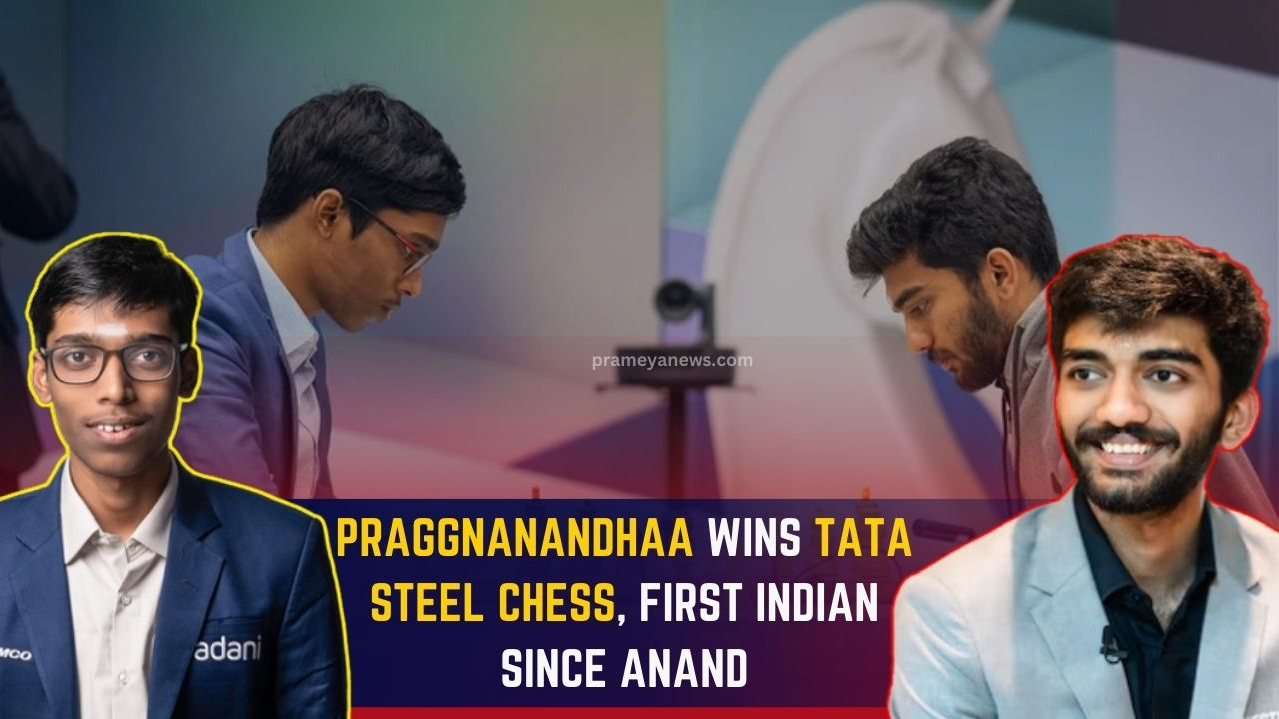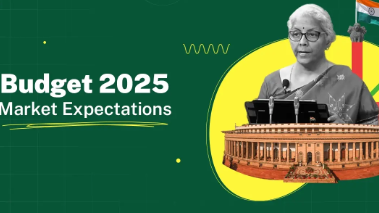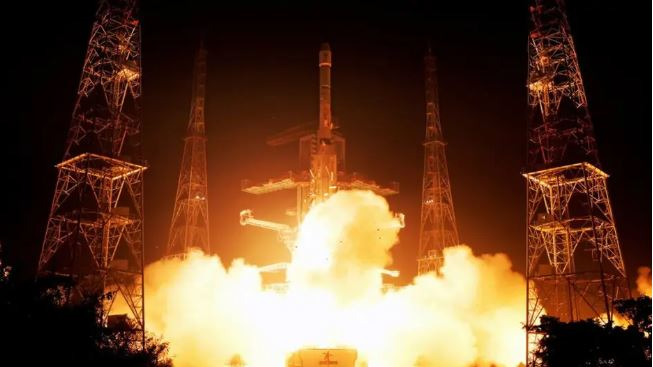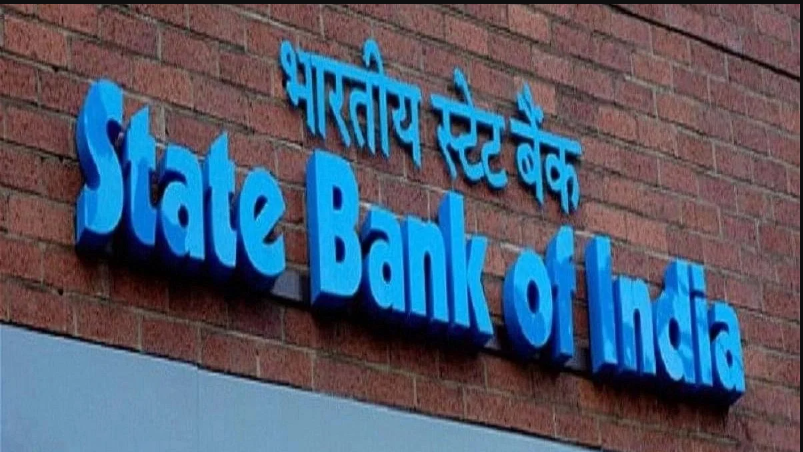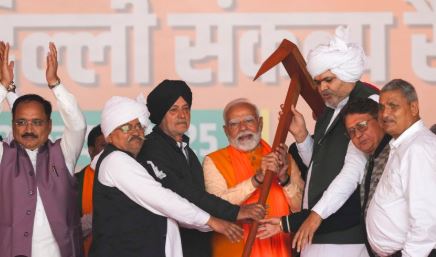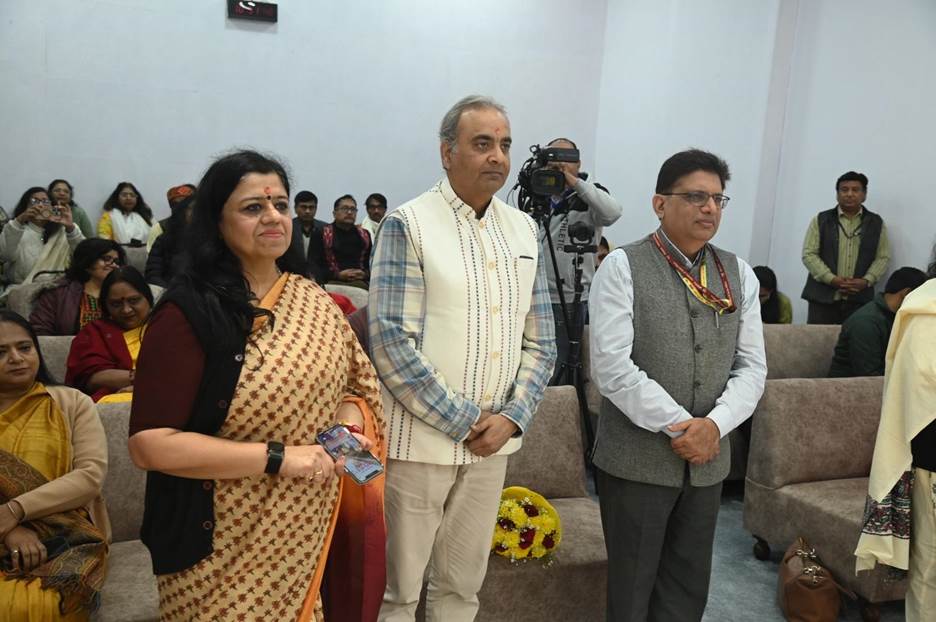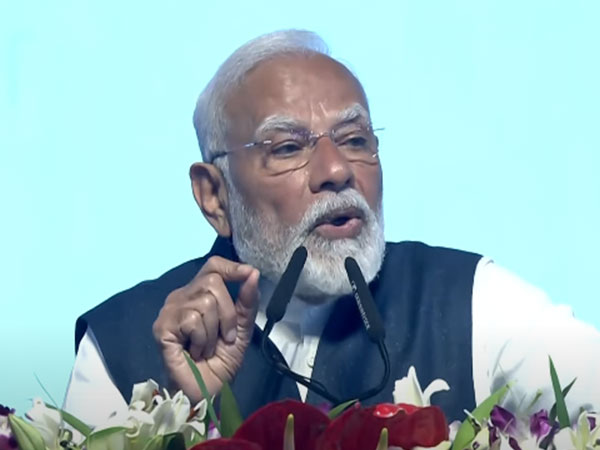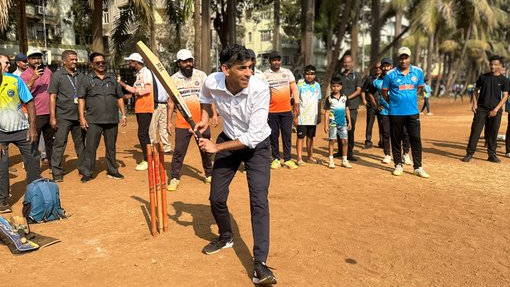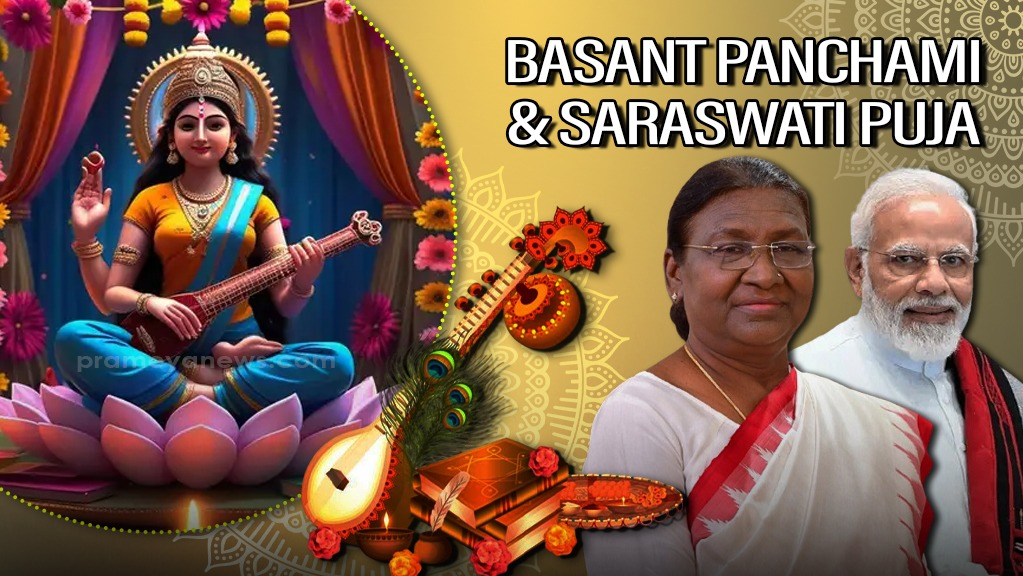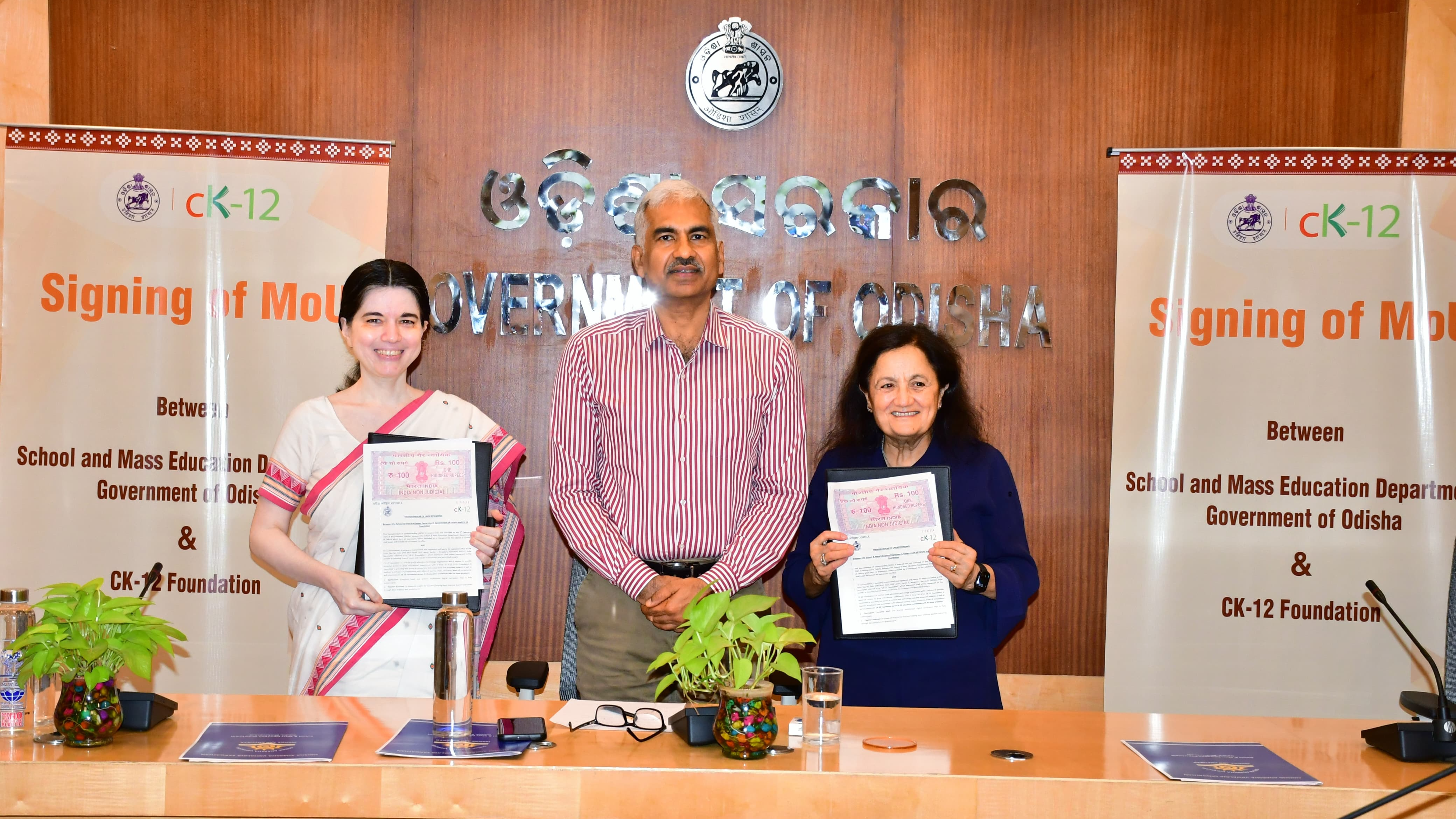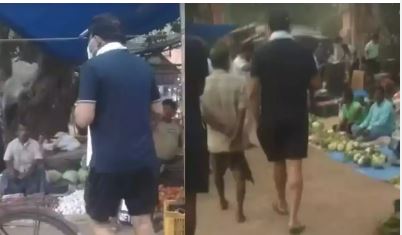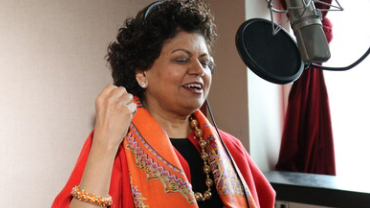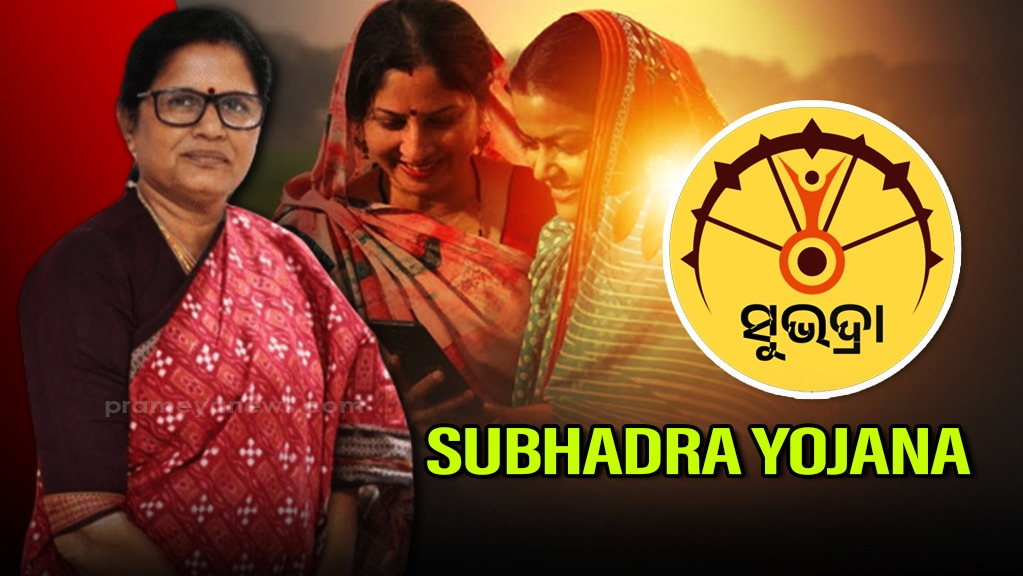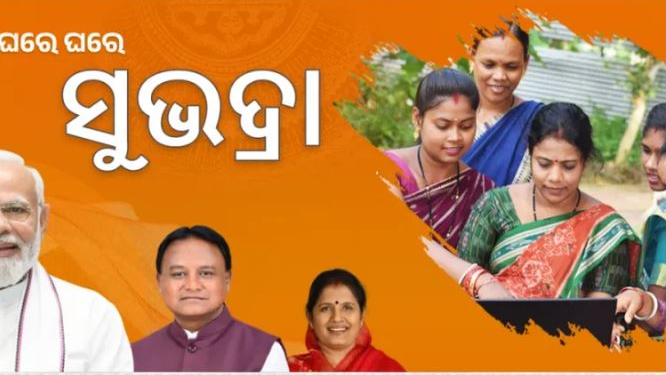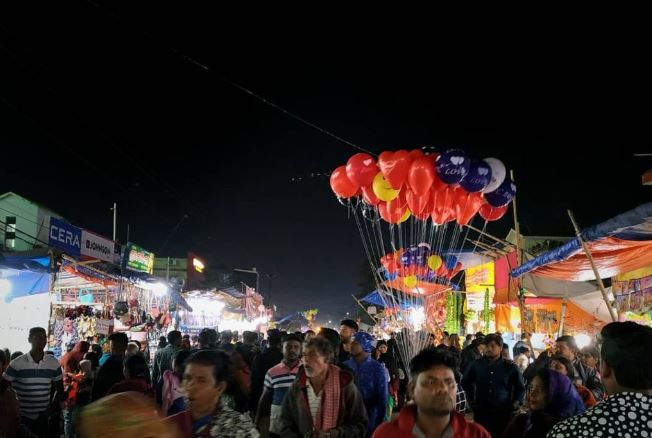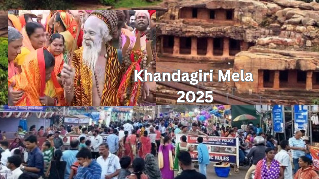New Delhi, February 3: The high-stakes campaign for the Delhi Assembly elections has officially concluded, with the Model Code of Conduct (MCC) taking effect post-5 PM on Monday. As the city gears up to vote on February 5, months of vigorous political activity come to a close.
This election season has been charged with aggressive campaigning, AI-generated memes, and fiery political exchanges. Parties have vied for voter attention with a host of promises, from freebies targeting women and youth to development pledges.
The key contenders—the ruling Aam Aadmi Party (AAP), the Bharatiya Janata Party (BJP), and the Congress—brought out their top guns for the final leg of the campaign. Prime Minister Narendra Modi, along with senior leaders Amit Shah, Rajnath Singh, and Piyush Goyal, led the BJP's charge. Congress leaders Rahul Gandhi and Priyanka Gandhi Vadra were equally active on the campaign trail. Meanwhile, AAP's front was bolstered by Delhi CM Arvind Kejriwal and Punjab Chief Minister Bhagwant Mann, supported by leaders from states governed by both the BJP and Congress.
Adding a touch of glamour, celebrities like cricketer Harbhajan Singh and Bollywood veteran Shatrughan Sinha lent their support to AAP, drawing crowds and media attention.
In a pointed attack on AAP, Amit Shah criticized Kejriwal’s administration, claiming that Delhi had lagged behind other states with “double-engine BJP governments” due to its frequent clashes with the central government.
Arvind Kejriwal wrapped up AAP’s campaign with public meetings in Chhatarpur and Kalkaji and released a video alleging potential tampering with Electronic Voting Machines (EVMs). AAP’s Jangpura candidate, Manish Sisodia, accused the BJP of resorting to “threats” and “hooliganism,” asserting that voters would respond decisively by re-electing Kejriwal as Chief Minister.
The Congress, which ruled Delhi from 1998 to 2013, showed renewed vigor in its campaign, aiming to reclaim its lost ground.
As the countdown to voting day begins, the Delhi election office has imposed strict restrictions, banning public meetings and the display of election-related content across films, TV, and other electronic media during the 48-hour silence period.
Delhi’s 70-member Assembly will be decided on February 5, with the results set to be declared on February 8. In the outgoing Assembly, AAP holds a commanding 62 seats, while the BJP occupies eight.
According to the Delhi Chief Electoral Officer (CEO), 1.56 crore voters are eligible to cast their votes across 13,766 polling stations. Among them are 83.76 lakh men, 72.36 lakh women, and 1,267 third-gender voters. This year, 699 candidates are contesting, slightly up from 672 in 2020.









